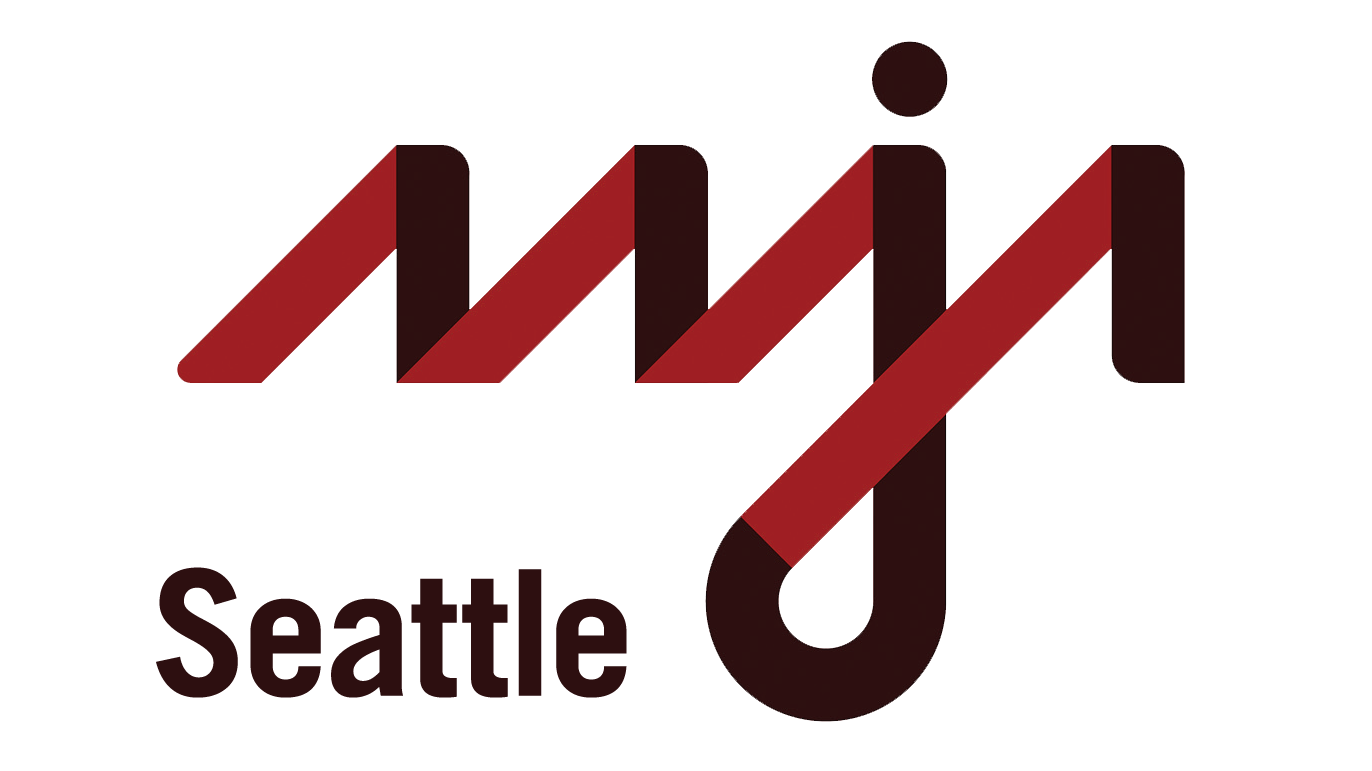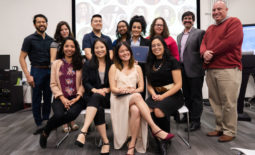Founders’ Scholarship winner learns to network at UNITY
This year the AAJA Seattle chapter awarded the Founders’ Scholarship to University of Washington junior Anusha Roy, who is interested in broadcast journalism and currently the multimedia intern at seattletimes.com.
The Founders’ scholarship, which covers the cost of registration to the national AAJA convention, was established in 2000 to honor Frank Abe, Ron Chew, and Lori Matsukawa, who founded the AAJA Seattle chapter in 1985. The recipient must be a current AAJA Seattle chapter member and enrolled in an accredited college or university in Washington state.
Roy, a Seattle native, got interested in journalism when she started as a reporter for The HuskyCast, the University of Washington’s online webcast. She got hooked on broadcast journalism when she interned with New Delhi Television News in Kolkata, India, during the fall of 2007. She expects to graduate in the spring of 2010.
By ANUSHA ROY
Networking, a very unnatural habit, finally came easily to me at UNITY. UNITY is a conference that brings the Hispanic, Asian, African American and Native American journalist associations together for a conference every four years. This year, thousands of minority journalists gathered in the windy city of Chicago. The first person I talked to at UNITY – he happened to be from the Washington Post – started up a casual chat in line waiting to register. After that, I had dinner with Lori Matsukawa from KING 5 News, made contacts at AP, CNN and Northwest Cable News, to name a few.
I incessantly presented myself, promoting my interests to any broadcast news organization that had an internship. This was once again made easy at the job fair where every news organization imaginable was there, crossing newspapers to TV. I seized the chance to have my resume tape critiqued by NBC, CNN and Belo Corporation. This rare privilege gave me insight into what these companies value in a reporter.
“Right now it is about survival in journalism, but at the same time people reassured me that there are ways to make a career in journalism; they just might not be traditional.”
Since I was not looking for jobs, my time at UNITY was relatively stress free, especially since I was not on the receiving end of “we have a hiring freeze but give us your resume to file†or “we are hiring internally for those positions.†The uncertain times of the media industry, particularly newspapers, refused to be hidden. But, as a group of journalists should, people were straight up with the facts. The associations are prepping their members to acknowledge the choppy times ahead. But the associations also see an opportunity for their members to adapt and survive these difficult times. The associations remain focused on their mission of increasing diversity in newsrooms to reflect the population of America, a goal that will lead to more accurate and fair news reporting.
In the momentum of adaption, there was an all-day multimedia workshop. There were sessions on web writing and editing video for the web. There were panels on foreign reporting in changing times. Right now, multimedia skills are key to being marketable in this industry for print and broadcast. For broadcast journalists, learning to be a one-man band is incredibly important, a trend being picked up by many TV news stations. To be able to film, edit footage, write scripts, complete voiceovers and stand ups are important, since there is no longer a strict divide in responsibilities according to job titles.
My most important discovery at UNITY was the courage and enthusiasm found at the conference. Right now it is about survival in journalism, but at the same time people reassured me that there are ways to make a career in journalism; they just might not be traditional.
Preserving worthy journalism is a top priority, and that is why UNITY was such a success. The thousands of minority journalists at the conference understood that they are key to increasing the quality of journalism and a changing industry will not stop them.


